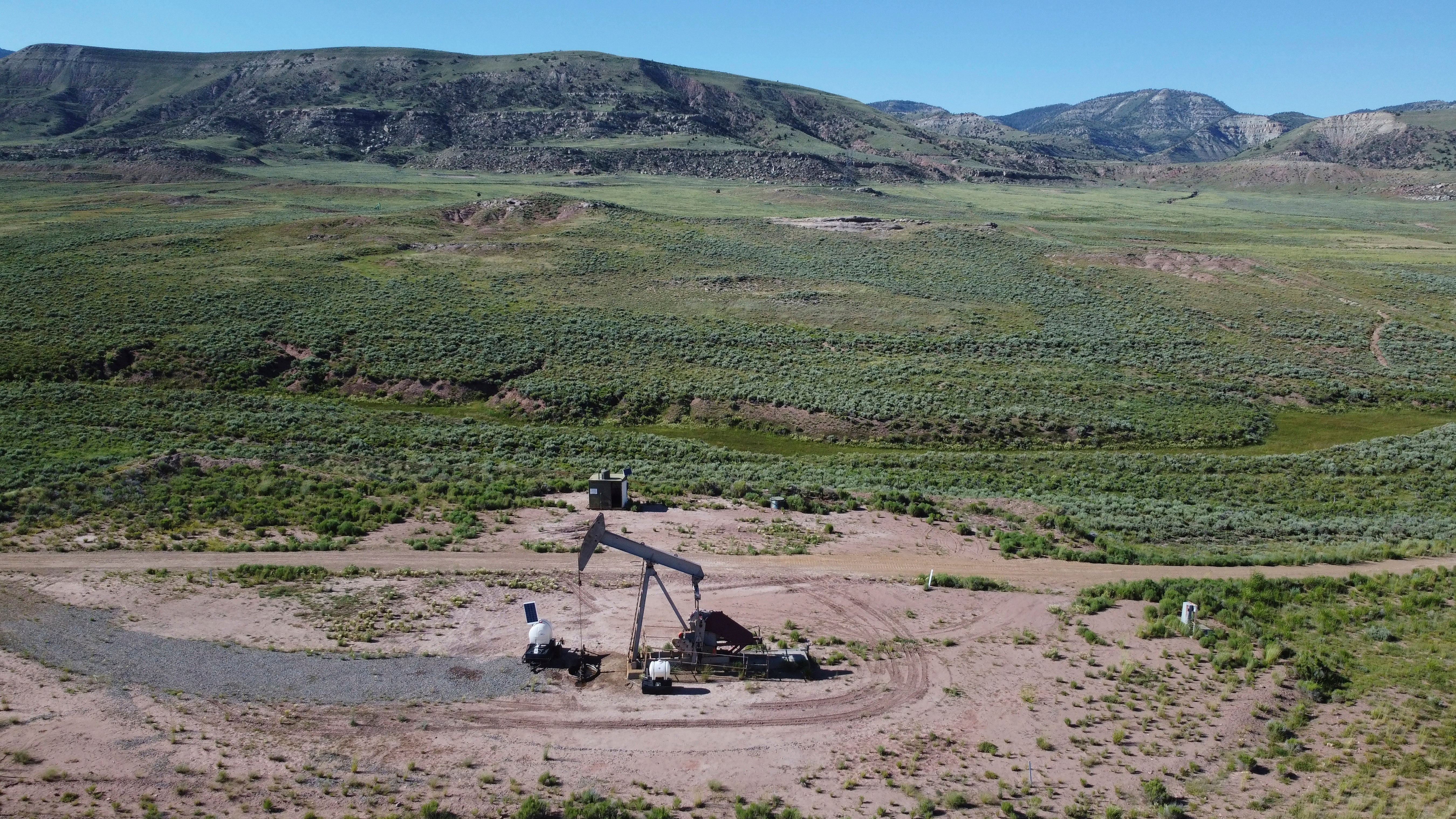Forest Service pulls right-of-way permit that would have allowed construction of Utah oil railroad
The U.S. Forest Service has withdrawn its approval of a right-of-way permit that would have allowed the construction of a railroad project through about 12 miles of roadless protected forest in northeastern Utah

Your support helps us to tell the story
From reproductive rights to climate change to Big Tech, The Independent is on the ground when the story is developing. Whether it's investigating the financials of Elon Musk's pro-Trump PAC or producing our latest documentary, 'The A Word', which shines a light on the American women fighting for reproductive rights, we know how important it is to parse out the facts from the messaging.
At such a critical moment in US history, we need reporters on the ground. Your donation allows us to keep sending journalists to speak to both sides of the story.
The Independent is trusted by Americans across the entire political spectrum. And unlike many other quality news outlets, we choose not to lock Americans out of our reporting and analysis with paywalls. We believe quality journalism should be available to everyone, paid for by those who can afford it.
Your support makes all the difference.The U.S. Forest Service on Wednesday withdrew its approval of a right-of-way permit that would have allowed the construction of a railroad project through about 12 miles (19 kilometers) of roadless, protected forest in northeastern Utah.
The decision affecting the Ashley National Forest follows a U.S. appeals court ruling in August that struck down a critical approval involving the Uinta Basin Railway, a proposed 88-mile (142-kilometer) railroad line that would connect oil and gas producers in rural Utah to the broader rail network. It would allow them to access larger markets and ultimately sell to refineries near the Gulf of Mexico.
“It’s a victory for the Colorado River and nearby communities that would be threatened by oil train accidents and spills, and for residents of the Gulf Coast, where billions of gallons of oil would be refined," said Ted Zukoski, an attorney at the Center for Biological Diversity, one of several groups that has sued over the project.
He vowed to fight any attempt to build the railroad. An attempt to reach the Seven County Infrastructure Coalition, which is spearheading the project, was unsuccessful Wednesday evening.
In the August ruling, the Washington, D.C.-based appeals court decided that a 2021 environmental impact statement and opinion from the federal Surface Transportation Board were rushed and violated federal laws. It sided with environmental groups and Colorado’s Eagle County, which had sued to challenge the approval.
The court said the board had engaged in only a “paltry discussion” of the environmental impact the project could have on the communities and species who would live along the line — as well as the “downline” communities who live along railroads where oil trains would travel.
“The limited weighing of the other environmental policies the board did undertake fails to demonstrate any serious grappling with the significant potential for environmental harm stemming from the project,” the ruling stated.
The Forest Service's decision Wednesday to withdraw its approval was based on the appeals court ruling, but Ashley National Forest Supervisor Susan Eickhoff said the agency could issue a new decision if deficiencies in the environmental impact statement are addressed.
If approved, the railroad would let producers, currently limited to tanker trucks, ship an additional 350,000 barrels of crude oil daily on trains extending for up to 2 miles (3.2 kilometers).